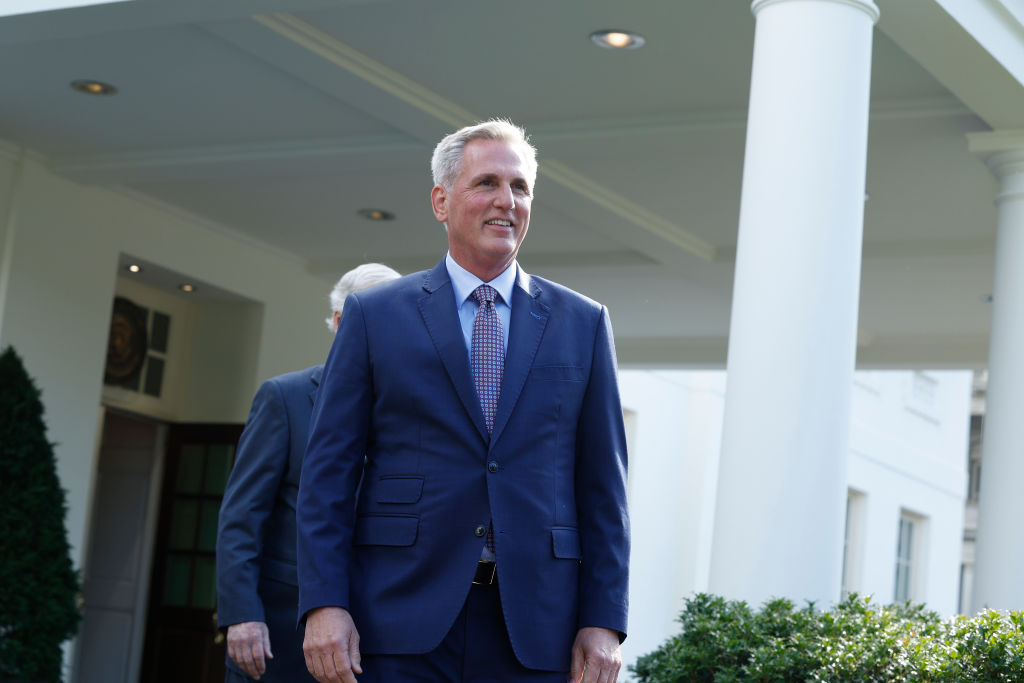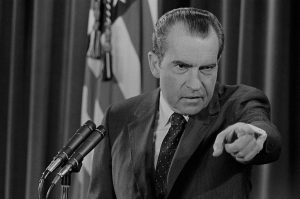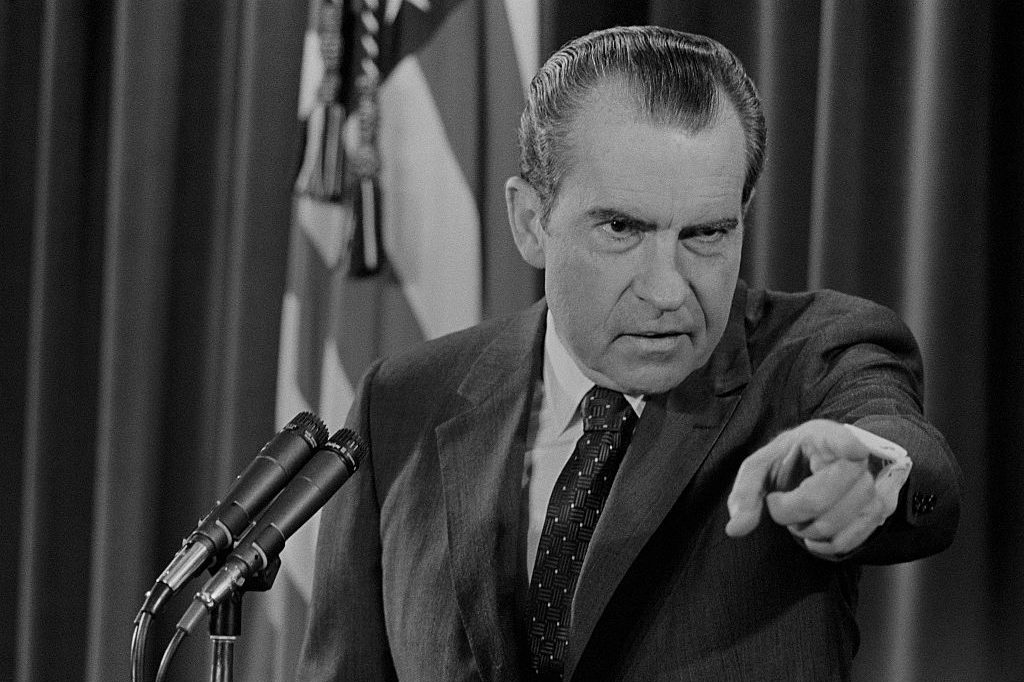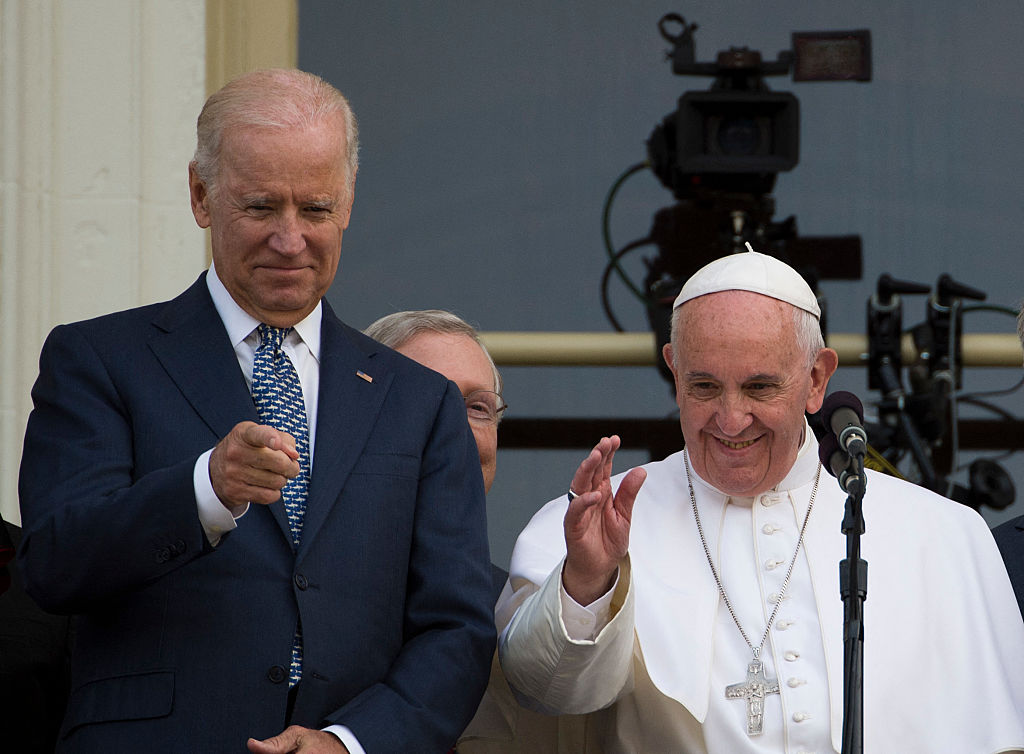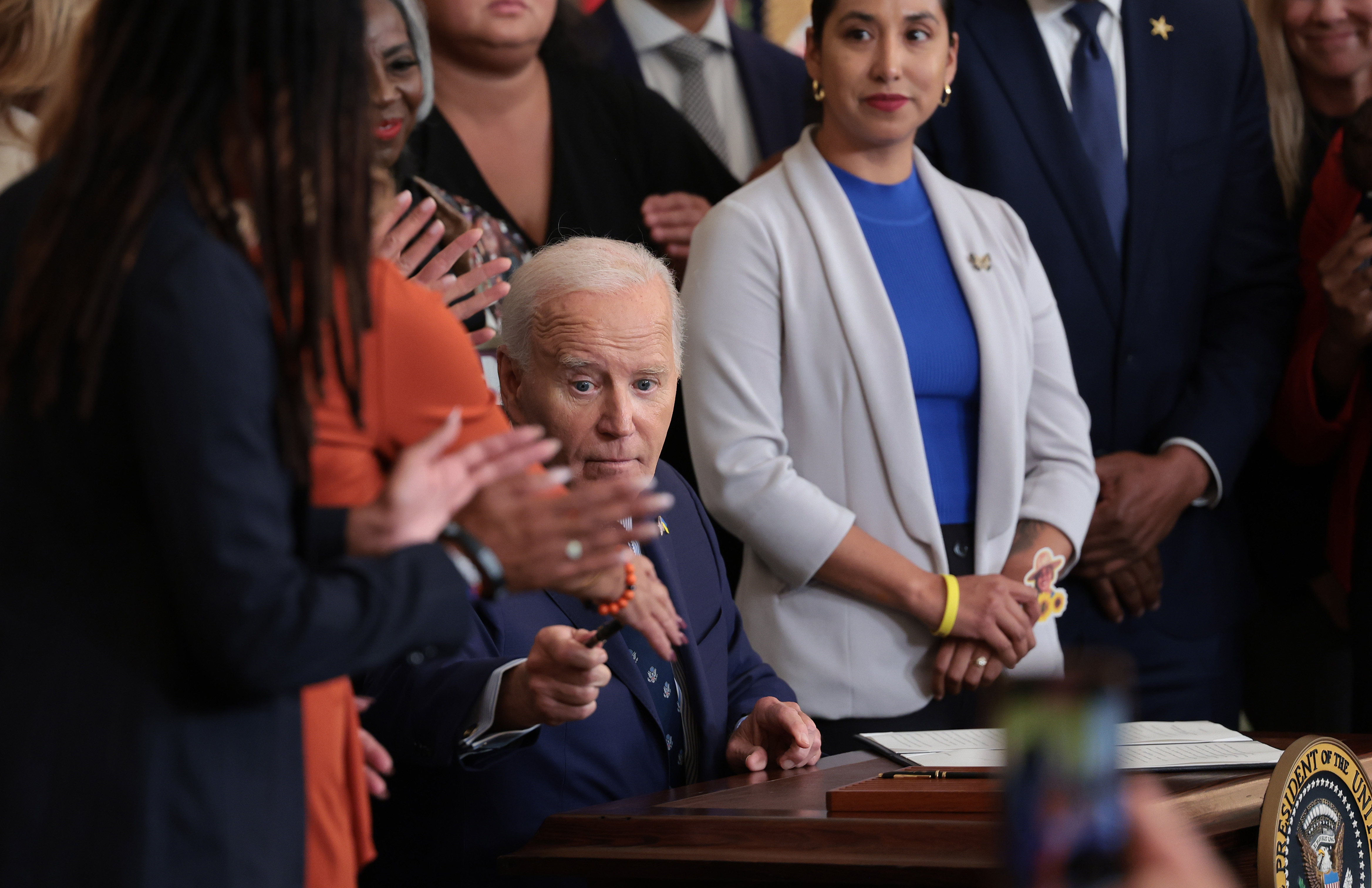Tick. Tick. Tick. That’s the sound of the clock as the United States approaches the limit of its borrowing power.
Tick. Tick. Tick. It’s also the sound of the US debt clock. Actually it’s more of a whoosh as it tries to keep pace with the sheer clip of the national debt, which totals some $31.7 trillion or over $240,000 per taxpayer.
For fiscal hawks, these two measurements have set the tempo for a seemingly endless set of battles over the nation’s debt ceiling and financial footing.
To be clear, the government already hit its debt limit. That was back on January 19, a mere twelve days after Kevin McCarthy survived his bid to claim the speaker’s gavel. Earlier this month, Treasury secretary Janet Yellen warned that the “extraordinary measures” the Treasury is currently relying on to service the debt will run out by June 1.
Speaker McCarthy has done his part. Against all odds, his “Limit, Save, Grow” bill, which raises the debt ceiling by $1.5 trillion and cuts spending by $4.5 trillion over the next decade, passed the Republican-controlled House. It’s true, the McCarthy was negotiating with his own caucus right to the bitter end, but he’s the only one in Washington who now holds a passed bill that would raise the debt ceiling.
Since the standoff began, Senate Majority Leader Chuck Schumer has been betting that House Republicans wouldn’t be able coalesce around a bill. He taunted McCarthy, urging the speaker to “show him a plan.” Now? Schumer promises that LSG is DOA in the Senate.
McCarthy should savor this moment, occupying the high ground. After all, Democrats haven’t put pen to paper themselves, short of saying they will not entertain cuts in exchange for an increase to the debt limit. They regard as myth the fact that federal spending during the Covid-19 pandemic directly contributed to the nation’s record-high inflation. But there’s still the bare necessity of it all: national default is not an option.
Financial analysts talk about global financial repercussions, job losses, the status of the dollar as the world’s reserve currency — but it’s better to understand it as something closer to financial armageddon. And Democrats have successfully argued over the past decade that it’s therefore irresponsible to leverage the full faith and credit of the United States to score political points.
But it raises the question: if not now, when? Certainly, politics are at play here. Republicans tend to become fiscal hawks when Democrats are in the White House and then melt into rubber stamps for GOP presidents. But then Democrats never consider fiscal hawkery at all. The threat of default is one of the few specters that can force Congress to press pause. While it’s been reduced to a political football, federal spending is still a critical policy issue that impacts us all.
The last time Americans heard a noteworthy variation on the debt ceiling, back in 2011, Republicans spent significant political capital, and in return America got sequestration and a downgraded credit rating. As a bonus, they ended up shouldering the blame for the financial fallout. But maybe this time it will be worth it.
In 2010, as vice president, Joe Biden said that “taking an absolutist position” is “no way to govern” on the debt ceiling. This time, it’s Biden and Schumer who are adopting the “my way or no way” stance and refusing to cooperate with the political reality at hand. Democrats don’t control the House of Representatives and poor Representative Mark DeSauliner’s “Breaking the Gridlock Act” — a so-called “clean” raise of the debt ceiling — is unlikely to receive the requisite signatures to come to the floor as a discharge petition.
The debt ceiling debate does seem to have shifted national opinion somewhat. A poll out this month shows that while Americans generally favor handling the debt limit and federal spending separately, support for Biden’s absolutist position has fallen by seven points since February. And this time, blame for a default won’t fall squarely on the GOP. Thirty-nine percent of Americans say they’d blame congressional Republicans for a default, but nearly as many — 36 percent — would blame President Biden.
McCarthy has maneuvered his chamber into a pretty defensible position for the time being, and his press conference after his meeting with the president yesterday echoed the more reasonable position he took in February. Until Biden and Schumer offer up a serious counter, McCarthy and his caucus are free to hammer home that inflation is the hidden tax of unfunded government spending and maybe even dust off the old S-word — “stagflation.”
In any event, they’ve made clear that Democrats will have to dance to this tune again. Raising the debt ceiling by $1.5 trillion sounds like a lot but it’s estimated that the US would hit the limit again around the end of March 2024. That’s just as election season will be heating up.



